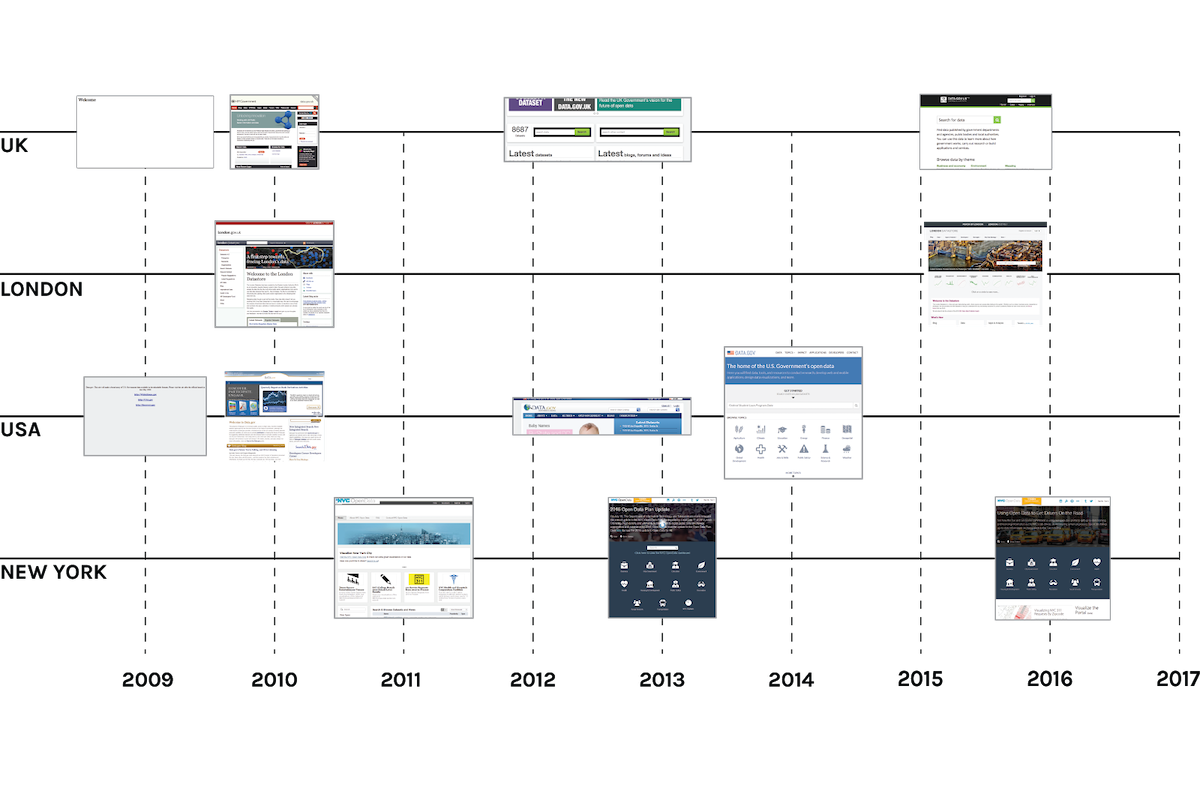Affiliation: University of Bremen
Field Guide to Public Data Projects

The United Nations has suggested the need for a “data revolution” to address urgent transnational issues such as climate change and inequality. It has endorsed not only improving national statistical data collection, but also opening public sector data up for broader societal re-use, as well as exploring the capacities of emerging forms of digital data, infrastructures and devices in understanding and responding to public problems.
Over the past decade, open data and civic tech initiatives around the world have been set up to promote the re-use of public data for participation and involvement; citizens are gathering their own data on air, soil and biodiversity; and journalists and activists are increasingly using and creating data to support their investigations and campaigns around economic, racial and ecological justice.
What do public data projects do? How do they invite and enable participation and action, and to what end? How can they be studied? How can we critically engage with their histories, social lives and politics? How might studies of these kinds of projects lead to modifications in data practice?
The Field Guide to Public Data Projects explores methods and approaches for finding, following, gathering and comparing different kinds of projects involving public data – from data portals to data communities, sensing practices to mobile apps.
Exploratory research for this project is being developed with support from the King’s Undergraduate Research Fellowship (KURF) scheme at King’s College London.